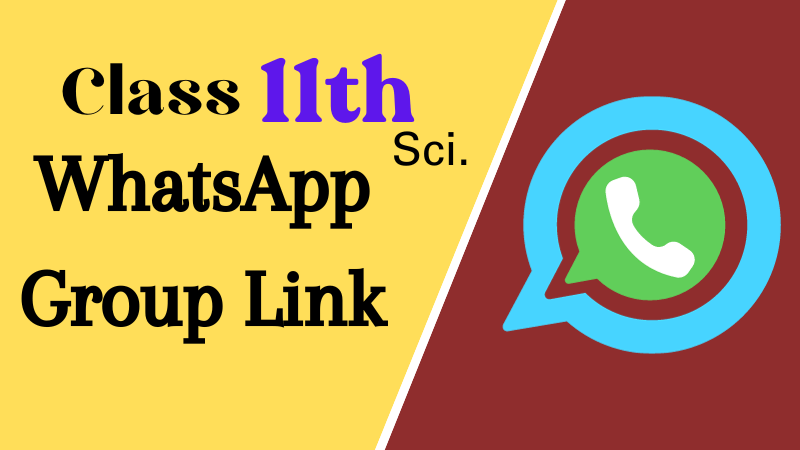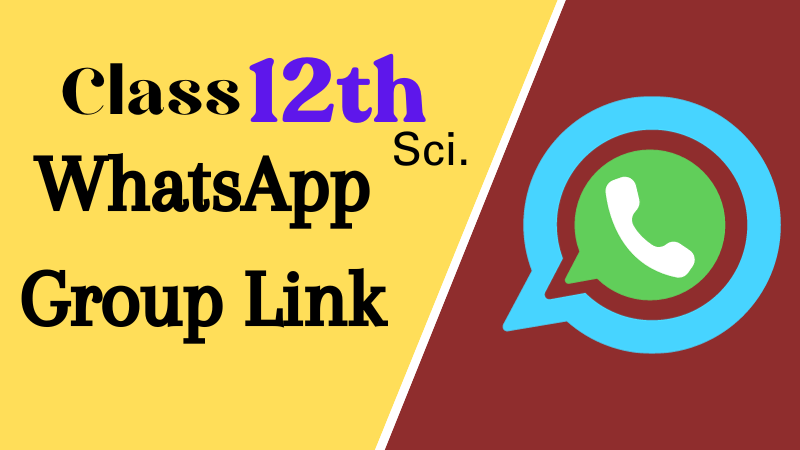Electronic & Communications Engineering involves the application of science and mathematics to practical problems in the field of communications. Electronics & Communications Engineers might be engaged in research, design, development and testing of the electronic equipment used in various communications systems. Electronics & Communications Engineering is related to the design, development, and testing of electronic circuits, communication equipment like transmitter, receiver, integrated circuits (IC). It also deals with basic electronics, analog and digital transmission and reception of data, voice and video transmission, microprocessors, satellite communication, microwave engineering, antennae and wave progression. Today, electronics has changed the entire global scenario with its applications in different fields such as medical science, public transport, automobile, 4G and 5G communication models and energy sources. This has improved the day-to-day quality of life.
Learning Perspective
During the four years of this course, ECE students deal with fundamental subjects such as engineering mathematics, circuit analysis, signal analysis, analog and digital electronics design; also, applicable programming concepts such as C, C++, Java. Apart from a basic understanding of electronics, the course offers specialization in embedded system, communication system, nano-electronics, microwave engineering, image processing and satellite communications, etc. During the course, the university provides hands-on practice in various modern cutting-edge laboratories. Students enhance not only their hardware skills but also improve in software sections (Xilinx-HDL-VHDL, Verilog, Java, MATLAB, Tanner, and Various Circuit Simulation Tools, etc.) through minor projects in each semester. The ECE department also has a modern research and development cell for the students to implement their innovative ideas for the betterment of the society.
| Category | Details |
|---|---|
| Duration | 4 Years |
| Eligibility | Minimum 50% aggregate in 10+2 with Physics and Mathematics as compulsory subjects |
| Selection Procedure | Entrance Test + Personal Interview (PI) |
| Tuition Fee | ₹1,09,023 |
| Caution Money | ₹2,000 (Refundable) |
| Additional Charges | Lab & Library fee (charged separately) |
| Scholarship | As per University norms |
| Note | Program proposed from Session 2024-25 |
Programme Structure
01 Semester
- Engineering Physics – I
- Engineering Chemistry – I
- Engineering Mathematics – I
- Fundamentals of ElectricalScience
- Introduction to IT and Computer Programming
- English – I
- Environmental Studies
Practicals & Sessionals
- EngineeringPhysics Lab – I
- EngineeringChemistry Lab – I
- Fundamentals of Electrical Science Lab
- IT and Computer Programming Lab
- Engineering Graphics & Design Lab
- Communication Skills Lab – I
- General Proficiency
02 Semester
- Engineering Physics –II
- Engineering Chemistry – II
- Engineering Mathematics –II
- Engineering Mechanics
- Programming for Problem Solving
- English – II
Practicals & Sessionals
- EngineeringPhysics Lab – II
- EngineeringChemistry Lab-II
- Computer programming Lab
- Workshop Manufacturing PracticesLab
- Communication SkillsLab – II
- General Proficiency
03 Semester
- Electronic Devices
- Digital System Design
- Signals & Systems
- Network Theory
- Data Structure & Algorithms
- Mathematics – III (Probability and Statistics)
- Electronic Devices Lab
- Digital System Design Lab
- Professional Practices-I Lab
- Data Structure & Algorithms Lab
- General Proficiency *
04 Semester
- Analog and Digital Communication
- Analog Circuits
- Microcontrollers
- Electromagnetic Field Theory
- Object Oriented Programming
- Indian Constitution*
- Analog and Digital Communication Lab
- Analog Circuits Lab
- Microcontrollers Lab
- Object Oriented Programming Lab
- General Proficiency *
05 Semester
- Electromagnetic Waves
- Computer Architecture
- Digital Signal Processing
- Bio-Medical Electronics
- Power Electronics
- Nano Electronics
- Optimization Techniques
- Electronic Material Processes
- Entrepreneurship Development
- Electromagnetic Waves Lab
- Digital Signal Processing Lab
- Internship Program Seminar
- Minor Project Lab-I
- General Proficiency *
06 Semester
- Control Systems
- Computer Network
- Probability Theory and Stochastic Processes
- Information Theory & Coding
- Speech and Audio Processing
- Introduction to MEMS
- Marketing for Engineers
- VLSI Design
- Professional Ethics & Disaster Management
- Computer Networks Lab
- Electronic Measurement Lab
- Electronics CAD Laboratory
- Minor Project Lab-II
- General Proficiency *
07 Semester
- Microwave Theory and Techniques
- Fiber Optic Communications
- Mobile Communication and Networks
- VHDL
- Embedded Systems
- Wireless Sensor Networks
- Digital Image & Video Processing
- Antennas and Propagation
- High Speed Electronics
- Artificial Intelligence Techniques
- Wind and Solar Energy Systems
- Microwave Lab
- Fiber Optic & Mobile Communication Lab
- Industrial Economics & Management Lab
- Major Project Lab
- General Proficiency
08 Semester
- Industrial Project
- Comprehensive Viva – Voce/Academic Seminar
- General Proficiency



